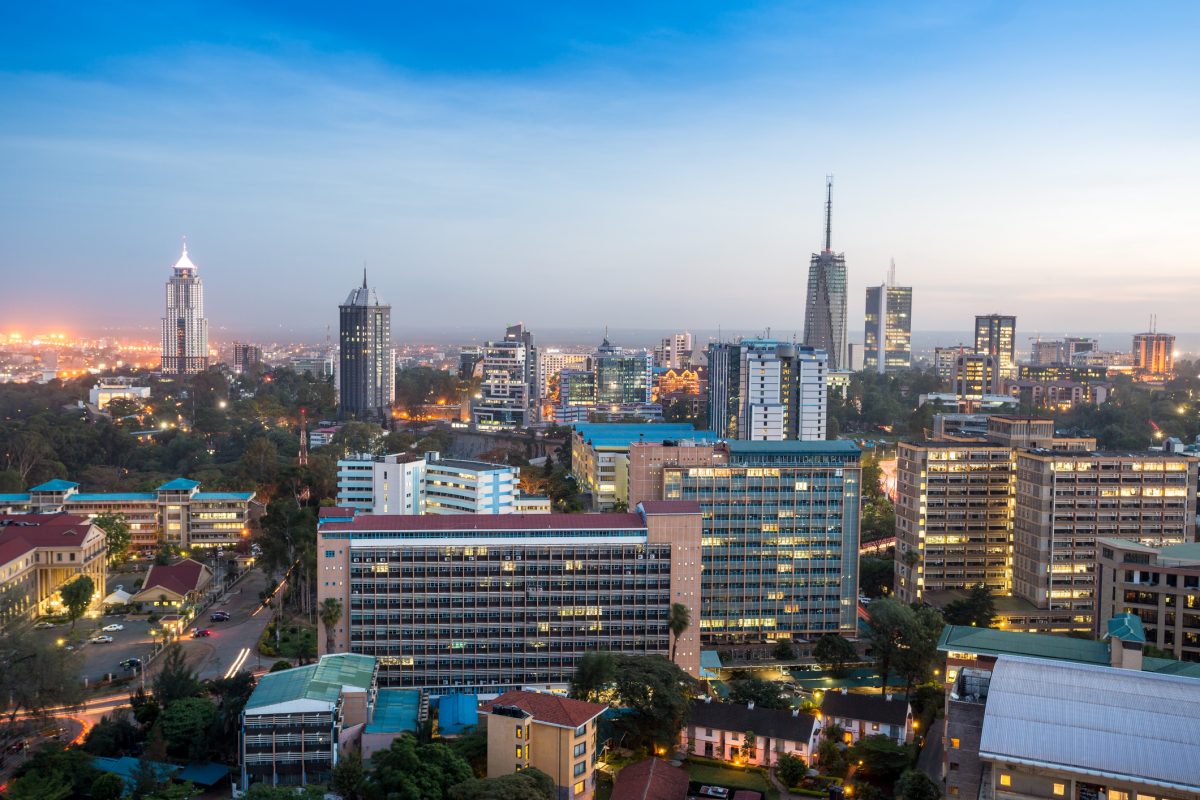What are the fastest growing jobs in South Carolina? Many job seekers look to find opportunities in regions that experience positive economic growth. South Carolina’s overall economy is the 16th best in the nation according to US News and World Report’s Best States Rankings.
South Carolina also scores favorably in economic rankings for:
- Growth #8
- Employment #23
The Southeast region as a whole continues to experience high economic growth, including South Carolina. South Carolina’s largest metropolitan areas are Columbia, Charleston, and North Charleston, and all three of these cities are considered best places to live in the state.
Fastest Growing Jobs in South Carolina
Any list of the fastest growing jobs is subject to change, depending on economic factors including industrial production, global trade, and even weather patterns. However, recent studies show the fastest growth in these jobs:
Manufacturing and Electrical Jobs
- Electrical System and Cabling Lineman
- Computer and Mechanically Controlled Machine Operators
- Industrial Machine Mechanics
Information Technology Jobs
- Website Developers
- Operations Analysts
Healthcare and Medical Jobs
- Nurses
- Physical Therapists
- Physician Assistants
- Home Health Aides
- Physical Therapy Aides
Highlight on Industries in Charleston and Columbia, South Carolina
Charleston was recently noted as the largest city in South Carolina. However, other measures note Columbia as the state’s largest city. Both of these cities have many employment opportunities and exhibit significant economic growth patterns. As a result, these two cities offer the most opportunities for job seekers in a number of different industries.
Charleston, South Carolina
Charleston is situated along the state’s Atlantic coast. The coastal regions of South Carolina lead the state in population and economic opportunities, and have done so for several years. Charleston, along with Myrtle Beach and the Hilton Head-Beaufort area, have seen significant growth. This is due in part to the area’s natural beauty and comparable lower cost of living as new residents relocate to the area from other states.
South Carolina’s tourism industry has grown significantly, with Charleston, Hilton Head, and Myrtle Beach all considered top vacation destinations on the East Coast. Beautiful sandy beaches, warm weather, and plentiful recreational activities increasingly draw more visitors to the state’s coastal areas.
The largest industries in Charleston include:
- Tourism
- Information Technology and Defense
- Hospitality and Service
- Sales
- Green Energy
- Advertising and Marketing
- Manufacturing and Automotive
Columbia, South Carolina
Columbia is the state capital, and serves as the county seat of Richland County. The city is home to the University of South Carolina, the state’s flagship university and the largest in the state. Columbia is the site of Fort Jackson, the largest United States Army training center focused on Basic Combat Training. The Fort Jackson installation annually trains 50% of the Army’s Basic Combat Training load and over 60% of all women entering the Army. The South Carolina State Government is located at 1301 Gervais Street in Columbia, near the South Carolina Statehouse.
The largest industries in Columbia include:
- Manufacturing
- Insurance Information Technology
- Health Care
- Education
- University Research, Development, and Discovery
- Government
- Professional and Business Services
What Should Job Seekers do?
Job seekers should investigate the fastest growing jobs in South Carolina for opportunities. A number of resources are available to learn about jobs and careers in South Carolina. Professional networks such as Linkedin provide information on companies and contacts. Job seekers may want to focus on a specific location such as Charleston or Columbia, and then narrow down their search by industry in Charleston or industry in Columbia to specific job type. Job seekers should utilize professional career services to enhance their job search and achieve success in their career objectives.
What Should Employers do?
Employers should examine their employment needs as economic growth fosters competition for job seekers with requisite skills and training. They should review their relocation program to determine if it benefits their talent acquisition goals and corporate objectives. Employers should work with a Relocation Management Company that has the knowledge and expertise to help them design a relocation that promotes global talent acquisition. Desirable locations such as Charleston, which draws many visitors, also need job seekers to fill local employment opportunities in other industries.
Conclusion
GMS’ team of global relocation experts has helped thousands of our clients develop hiring and recruiting programs to attract highly skilled job seekers. Our team can help your company determine how to attract job seekers looking for employment opportunities in South Carolina, or any other location around the world.
GMS was the first relocation company to register as a .com. The company also created the first online interactive tools and calculators, and revolutionized the entire relocation industry. GMS continues to set the industry pace as the pioneer in innovation and technology solutions with its proprietary MyRelocation™ technology platform.
Global Mobility Solutions is proud to be named and ranked #1 Overall, and #1 in Quality of Service by HRO Today’s 2019 Baker’s Dozen Customer Satisfaction Survey.
Contact our experts online to discuss your company’s recruiting, hiring, and relocation program needs in South Carolina, or give us a call at 800.617.1904 or 480.922.0700 today.












